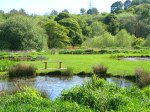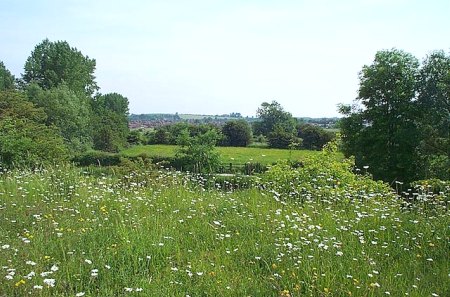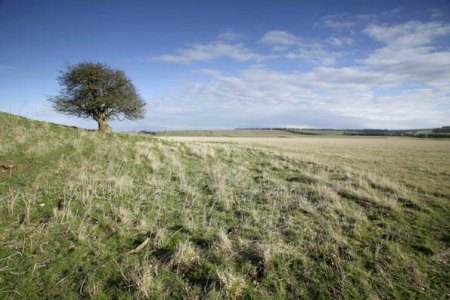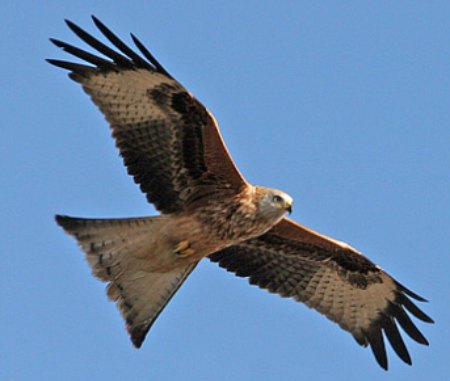RSPB wants ‘more space for nature’
The RPSB has called for more nature conservation areas in Britain


The Royal Society for the Protection of Birds (RSPB) has called for more nature conservation areas in the UK.

The society believes that conservation should be developed beyond allocated reserves and protected sites and take in the whole landscape.
Suggested habitat areas in its ‘Futurescapes' include industrial sites, farmland and residential areas, including the Thames estuary, Humberside Levels, Wiltshire Chalk Grasslands, North Wales Moors and the tidal zone of the Inner Forth.

Aiden Lonergan, ‘Futurescapes' manager, said that protecting wildlife in fragmented ‘islands' was inadequate when dealing with habitat losses and rising temperatures.
Mr Longergan added that the RSPB would continue working with declining species such as red kites, cirl bunting and corncrakes, but ‘more space for nature' should be created.

He said: ‘Green space is good for the economy, good for people and good for nature.'
The RSPB has formed partnerships with other conservation groups, local authorities and businesses and community groups to develop ‘Futurescapes' in more than 30 areas.
Sign up for the Country Life Newsletter
Exquisite houses, the beauty of Nature, and how to get the most from your life, straight to your inbox.
The society plans to develop the Thames estuary by converting old landfill sites, farmland and industrial wasteland into green spaces and wetland.
Paul Fisher, south Essex programme manager for ‘Futurescapes', said the new areas are being referred to internally as ‘multifunctional green spaces' because of their uses in flood management, education and even fighting climate change.
Mr Fisher said: ‘If you call something a reserve, it is restrictive, whereas these landscapes are where people live, work and play. At the same time, we're not impacting on socio-economic development—we're helping it.'
To comment on this article, use the comment box below, or email us at clonews@ipcmedia.com. Read more about the countryside
For more news stories like this every week subscribe and save
Follow Country Life on Twitter
Country Life is unlike any other magazine: the only glossy weekly on the newsstand and the only magazine that has been guest-edited by HRH The King not once, but twice. It is a celebration of modern rural life and all its diverse joys and pleasures — that was first published in Queen Victoria's Diamond Jubilee year. Our eclectic mixture of witty and informative content — from the most up-to-date property news and commentary and a coveted glimpse inside some of the UK's best houses and gardens, to gardening, the arts and interior design, written by experts in their field — still cannot be found in print or online, anywhere else.
-
 'To exist in this world relies on the hands of others': Roger Powell and modern British bookbinding
'To exist in this world relies on the hands of others': Roger Powell and modern British bookbindingAn exhibition on the legendary bookbinder Roger Powell reveals not only his great skill, but serves to reconnect us with the joy, power and importance of real craftsmanship.
By Hussein Kesvani
-
 Spam: The tinned meaty treat that brought a taste of the ‘hot-dog life of Hollywood’ to war-weary Britain
Spam: The tinned meaty treat that brought a taste of the ‘hot-dog life of Hollywood’ to war-weary BritainCourtesy of our ‘special relationship’ with the US, Spam was a culinary phenomenon, says Mary Greene. So much so that in 1944, London’s Simpson’s, renowned for its roast beef, was offering creamed Spam casserole instead.
By Country Life